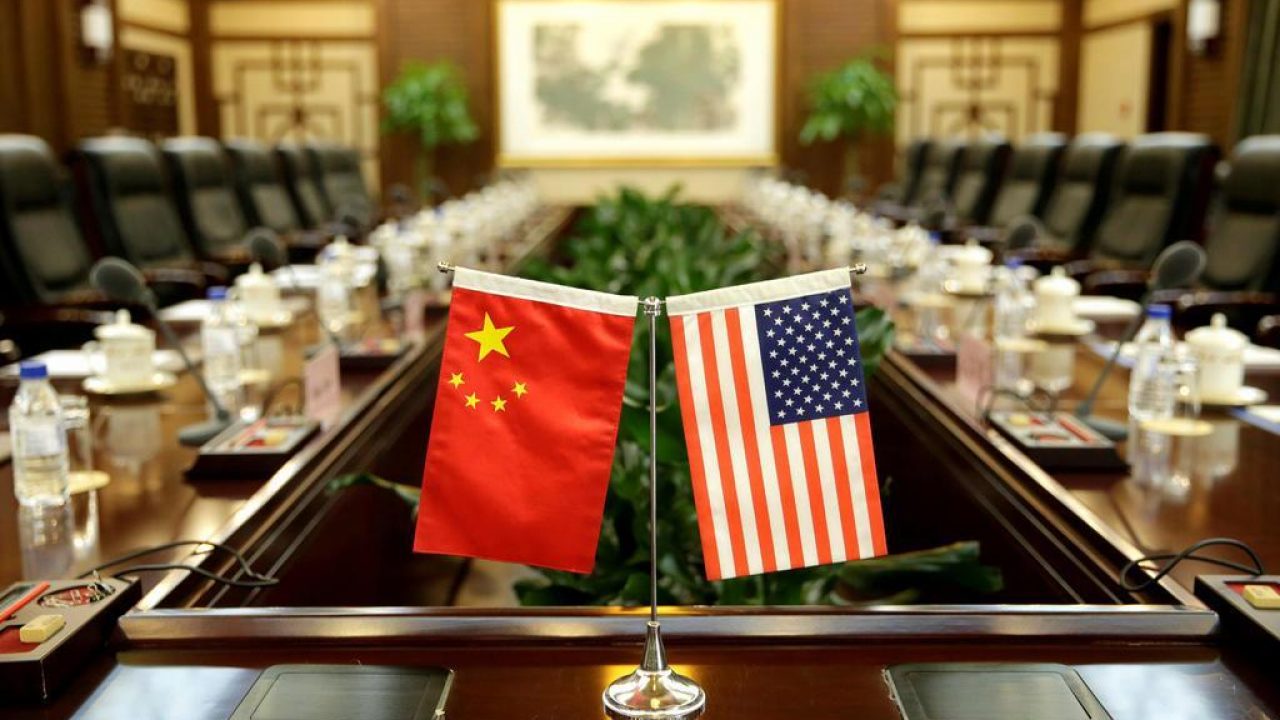Blog: Our Goals Aren’t Mutually Exclusive
Article By : Johnson Zhu

The communications manager of a robotics startup in Shenzhen shares his view of the U.S./China trade war.
The Huawei ban has shaken many who believed the U.S./China trade war was all bark and no bite. Now that the U.S. government has taken a formal step into the fray, limiting the global reach of Huawei devices and the entire relationship between the American economy and Chinese products has fallen under scrutiny.
Huawei was under the protective wing of the Chinese government since 1987. When it was ready to fly on its own and compete with Samsung and Apple on a global scale, the government sold their shares back. Whether earned or not, talk of such a close association with the Chinese government paired with their phenomenal growth and success around the globe made Huawei an easy target for U.S. government action.
What many don’t know is that not all front-page Chinese companies had government support. Take DJI, a high-ticket drone maker, born and bred in Shenzhen. Its founder started the company in his dorm room and survived on ramen noodles, like many of us did in college.
Today, DJI accounts for 74% of global drone sales. It easily overtook the U.S. startup Airwave that burned through $118 million of VC funding and shut down. It’s Lily drone never got to take off, despite $30 million in pre-orders.
DJI opened a door for companies that create a cool factor through their own innovation and surpass the copy-cat label China has long outgrown. If the U.S. government wants to block the use of DJI drones it’ll have to take a completely new approach as it’s a very different beast than Huawei.
But the critical segment, by far, is a new wave of small- and medium-sized tech companies in China getting little media attention. They are providing a wide range of machines, software, and supply-chain solutions, and their accelerated time schedules have seen them become solid threats quicker than anyone could predict.
The U.S. Department of Commerce targeted 14 industries for tariff increases such as biotech, AI and quantum computing. But it’s not as simple as blocking Chinese companies and allowing American ones to flourish in their place.
My company operates in one of these 14 categories–robotics.
Elephant Robotics is one of many hardware success stories to come from the Silicon Valley of China, Shenzhen. Only three years old, we already receive half of our orders from manufacturers outside of China for robotic arms that compete with those from larger, and better-established companies from Europe and the U.S.
The overall situation should not be seen as an us-vs.-them trade war with mutually exclusive paths to economic growth. Companies like Elephant Robotics are helping small farms, construction companies, and laboratories in the U.S. and other businesses save time and money.
The vast majority of small- and medium-sized businesses in America will rely on services from the 14 targeted industries the Department of Commerce has identified. Attempting to ban Chinese tech companies will only lead them to turn toward cooperating with European and Asian companies. America will be left on its own to match the speed and vertical integration advantages Chinese firms will offer the rest of the world.
American manufacturers should be looking to use Chinese tech products to tilt the playing field to their advantage. At the end of the day, strategic partnerships satisfy all parties that are interested in a peaceful resolution and changing the economics of this on-going trade war.
– Johnson Zhu is a communications manager at Elephant Robotics in Shenzhen.
Subscribe to Newsletter
Test Qr code text s ss


